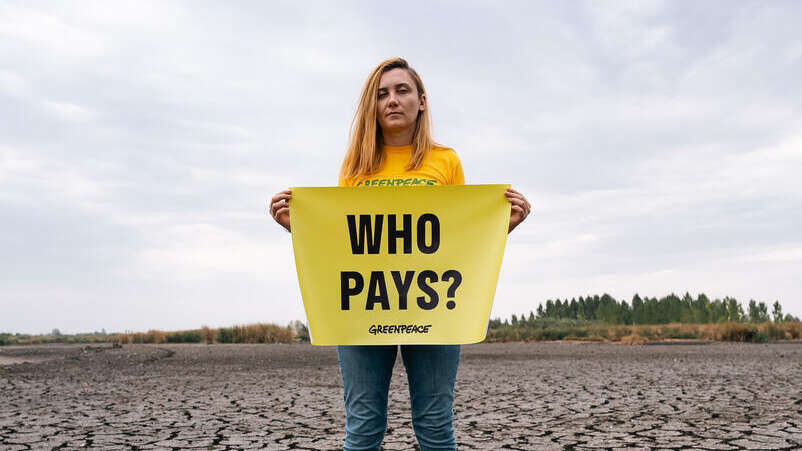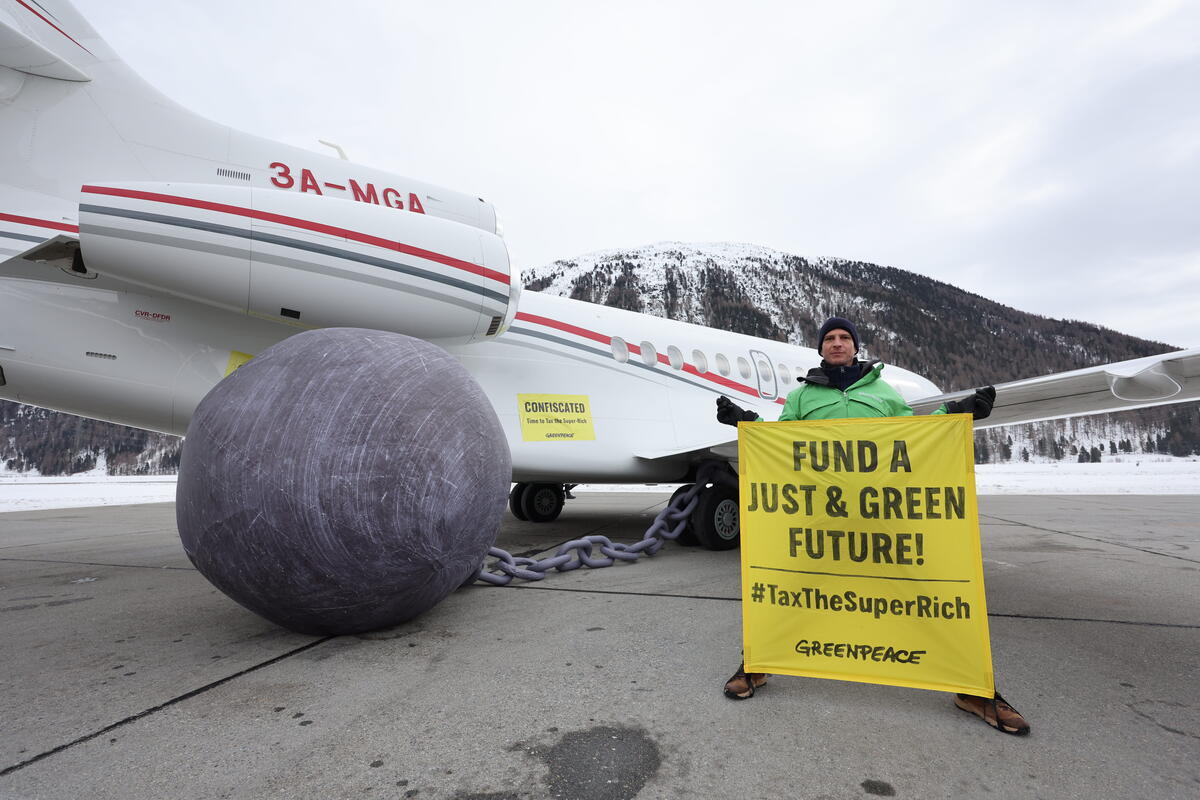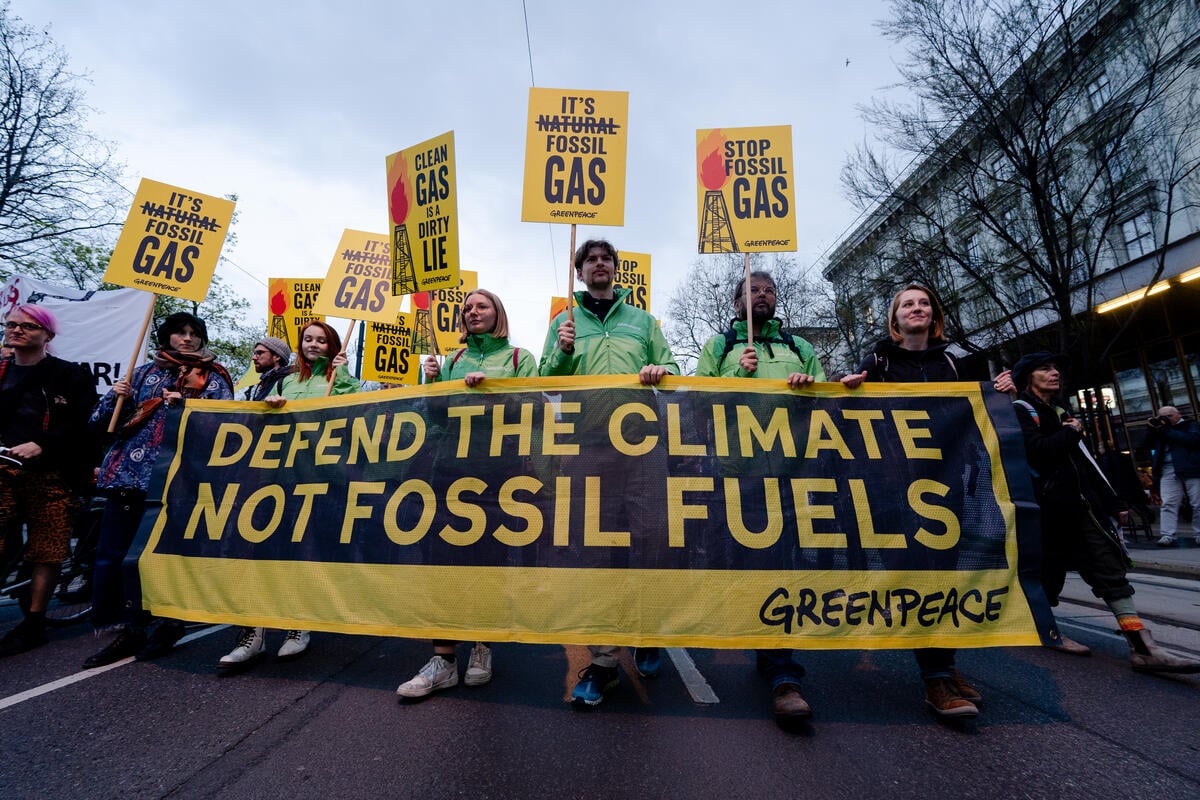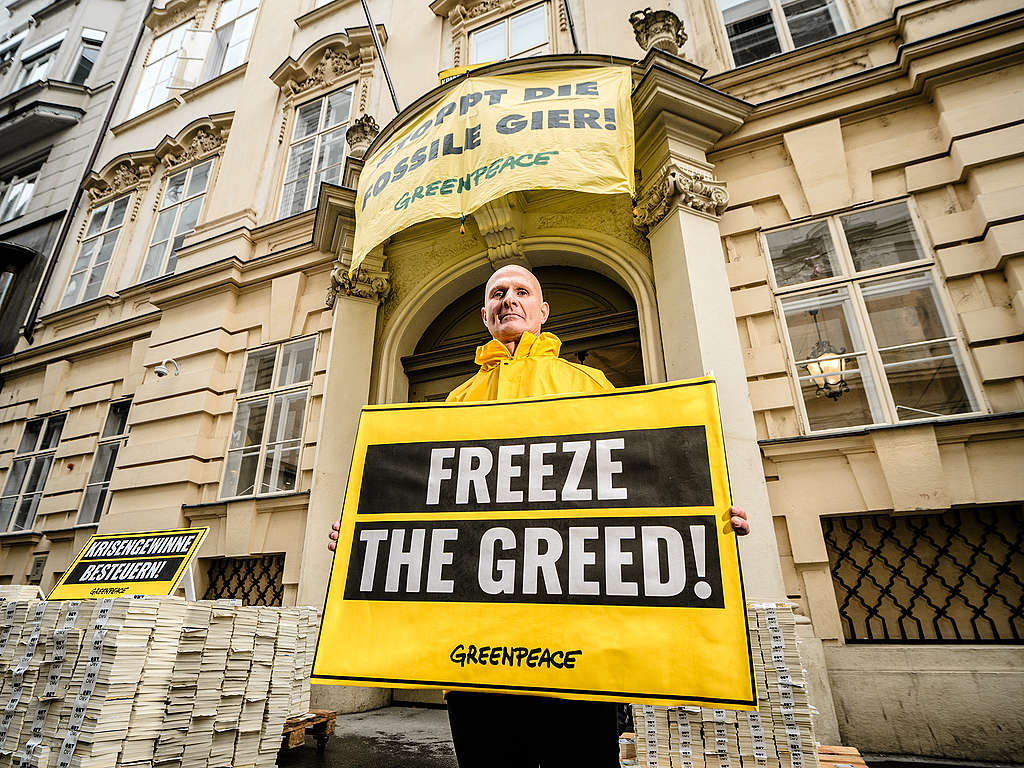
Since the very beginning of their existence, fossil fuel companies have been destroying the lives and livelihoods of whole communities, polluting and lying just so they could keep making profits.
Today, against the background of the energy and cost-of-living crisis, the five major oil and gas companies, BP, ExxonMobil, Chevron, Shell and TotalEnergies together posted $200 billion in profits in 2022, with some announcing their largest profits ever or in a very long time. Meanwhile, the living conditions of many households are degrading, as they struggle to pay their energy bills. Women, ethnic minorities, children, elderly, and disadvantaged communities all around the world are particularly impacted.
The fossil fuel industry is built on colonialism and injustice. Today, fossil fuel companies and energy providers just keep exacerbating inequalities amongst customers, and this is how they do it:
Infrastructure monopolies make it almost impossible for households to reduce their energy bills
While millions of households are suffering from the escalating prices and struggle to make ends meet, energy providers and fossil fuel companies are actually benefiting from high inflation, bestowing them with record profits. But inflation is not the only reason for these indecent benefits: another explanation is the monopolies that energy companies use to abuse their market power.
With the liberalisation of the energy markets in Europe, the once state-owned infrastructures have turned into lucrative businesses for many for-profit companies. Gas and electricity customers often have to pay considerable charges to cover the transmission and distribution costs to private monopolies.
As a result, the 26 members of the European Network of Transmission System Operators for Gas (ENTSOG) made €4 billion in profits only in the first six months of 2021, even before the fossil fuel crisis intensified. The four biggest gas transporters (TSOs) in Europe, Enagás (Spain), Fluxys (Belgium), GRTgaz (France) and Snam (Italy) made more than €2 billion in profit in 2021. In the UK, the electricity distribution industry has a higher profit margin than any other industry with 43.1%, followed by the gas distribution industry at 36.6%.
Between 2014 and 2021, Australian consumers were found to be charged AU$10 billion more for electricity grid services than necessary to ensure a reliable service. South Africa’s energy crisis – with rolling power outages or load shedding for the last decade – has forced its state-owned power utility to supplement its coal power production with diesel, which they are procuring above pump prices.
In other words, energy companies, some of them directly owned as subsidiaries of fossil fuel companies, make a fortune out of households who have no other choice. This situation can have disastrous consequences, especially for the most vulnerable households. And they have little influence on their energy bills: when extracting network charges, taxes and levies, the retail part of their bill can account for as little as one-fourth of the total cost.
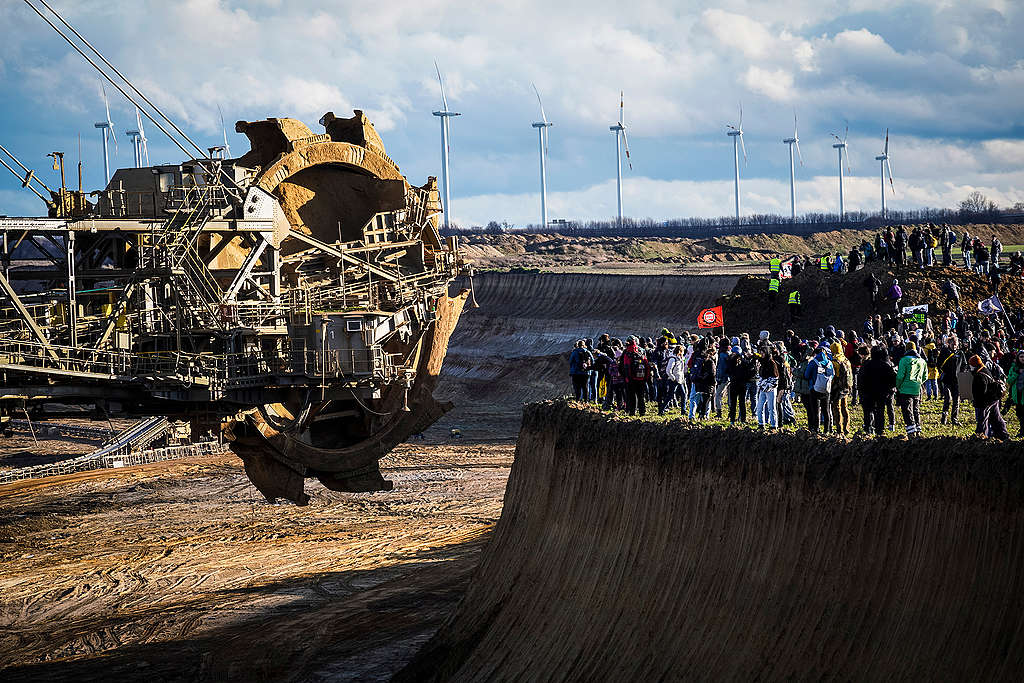
Low-usage customers end up paying much higher per-unit prices because of tariff structures
In a fair world, access to energy as a basic human right would be respected and provided for everyone. And low-usage customers, who also often have low income, would pay less per-unit prices than high-income, high-usage customers.
In our world, the exact opposite is happening: because many companies use high shares of fixed charges rather than volumetric rates and do not apply progressive tariffs, low-usage customers who are often people with low income end up paying much higher per-unit prices than high-income, high-usage customers; thus increasing inequality as the poorest pay more, and the richest pay less.
In a time of energy and cost-of-living crisis, these tariff structures are complicit in pushing and keeping people in poverty, making it hard for them to pay their energy bills, heat their home adequately or forcing them to choose between eating and heating.
Disconnections and prepayment metres lock people into a vicious circle of poverty
In early 2022, just after Russia’s war in Ukraine started, 16% of people in the EU reported being in arrears with their utility bills, reaching as high as 50% in Greece. The energy crisis is pushing people into poverty, and in some countries, vulnerable households will just be disconnected from the energy network. Energy suppliers have a long history of disconnecting customers who fall behind with their payments, often after short notice periods. In 2018, the disconnection rates reached over 4% of household customers of electricity in Italy, followed by Greece with just under 4%.
In certain jurisdictions, energy companies use prepayment metres to recover debt, to hide the levels of disconnection and to disconnect customers with financial difficulties indirectly by allowing them to self-disconnect. Prepayment tariffs, often higher than other tariffs, create second-class customers, locking people into a vicious circle of poverty.
In South Africa, where prepaid electricity metres were implemented, people started self-rationing, resulting in lower standards of living. In Australia, remote living residents, mainly indigenous communities, can only prepay for access to electricity, and regularly experience disconnection on non-payment.
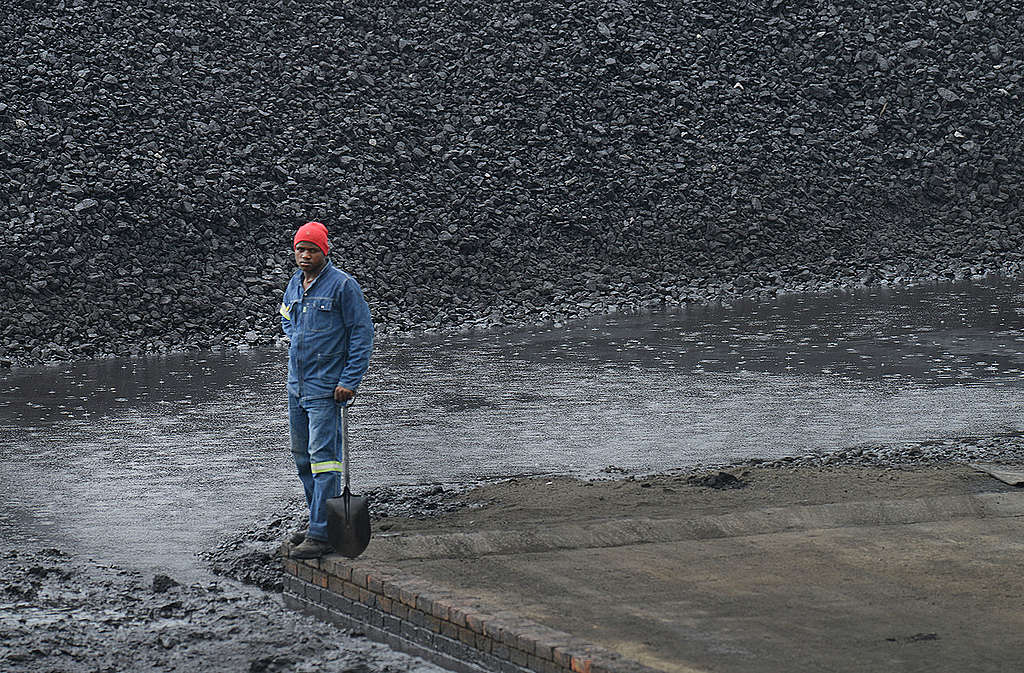
Because they are not able to heat properly, already vulnerable households face rising health issues
As meeting their basic energy needs becomes unaffordable for many people, several households live in underheated houses, and develop health problems. This situation can lead to terrible health consequences. A child living in an energy poor household faces 30% greater risk of admission to hospital or primary care facilities. Older people are more susceptible to hypothermia, or mental health problems, such as depression and anxiety, as well as loneliness and social exclusion. Women, who are disproportionately affected through cold sensitivity also have increased health risks such as respiratory and cardiovascular issues, as well as mental health problems.
Mpumalanga in South Africa is home to a cluster of twelve coal fired power plants. It tops the chart as the world’s largest NO2 hotspot across six continents. The health impacts of this pollution can be seen as far away as the nation’s capital, 100km away. It is no surprise that residents here suffer with elevated rates of respiratory illness, especially since many still rely on coal because they do not have access to electricity, despite living next to and servicing these power plants.
Overall, 36 million people in the EU were not able to heat their homes adequately in 2020, part of the many more millions of Europeans that suffer from energy poverty. Our dependence on fossil fuels is putting a strain on households already struggling with increasing prices but also on the healthcare systems. Inadequate housing in the 27 countries forming the European Union and in the UK is estimated to cost a total additional €194 billion in healthcare costs.
Fossil fuel inequalities are everywhere: it’s time for justice
Fossil fuel companies are making profit at the expense of the most vulnerable customers, thus directly contributing to worsening inequalities. And they lobby intensively to keep it that way and to prevent the clean energy transition.
The energy crisis and our dependency of fossil fuels is exacerbating already existing injustices in our society. And so is the climate crisis that is primarily fueled by the fossil fuel industry: around the world deadly floods, heat waves and other extreme weather events are becoming more and more frequent and dramatic. The climate-killing business of the fossil fuel industry is violating people’s basic human rights worldwide while having the worst impacts on people in countries which have contributed the least to the climate crisis and on people who are already discriminated against in our societies.
Across the African continent a colonial approach of extraction and exploitation continues to plague communities, paralyse economies and push ecosystems to the edge. African activists are demanding better from their governments — to phase out fossil fuels and provide clean, safe decentralised renewable energy to the 600 million Africans dealing with energy poverty.
And the human rights violations that the climate crisis are causing are only some of the numerous crimes the fossil fuel industry has committed or is complicit in. The fossil fuel industry is rooted in the violent colonial, capitalist system and is responsible for countless crimes against the environment and humanity. They have been getting away with it for far too long. People everywhere are rising up in resistance against fossil fuel criminals because they are driving us deeper into the climate crisis, causing death, destruction and displacement around the world. For a fair, green and peaceful world, we need climate justice.
Our message to fossil fuel criminals is clear: end the crimes, we want justice!
Lisa Göldner is a Fossil Free Revolution campaigner based in Hamburg, Germany.

